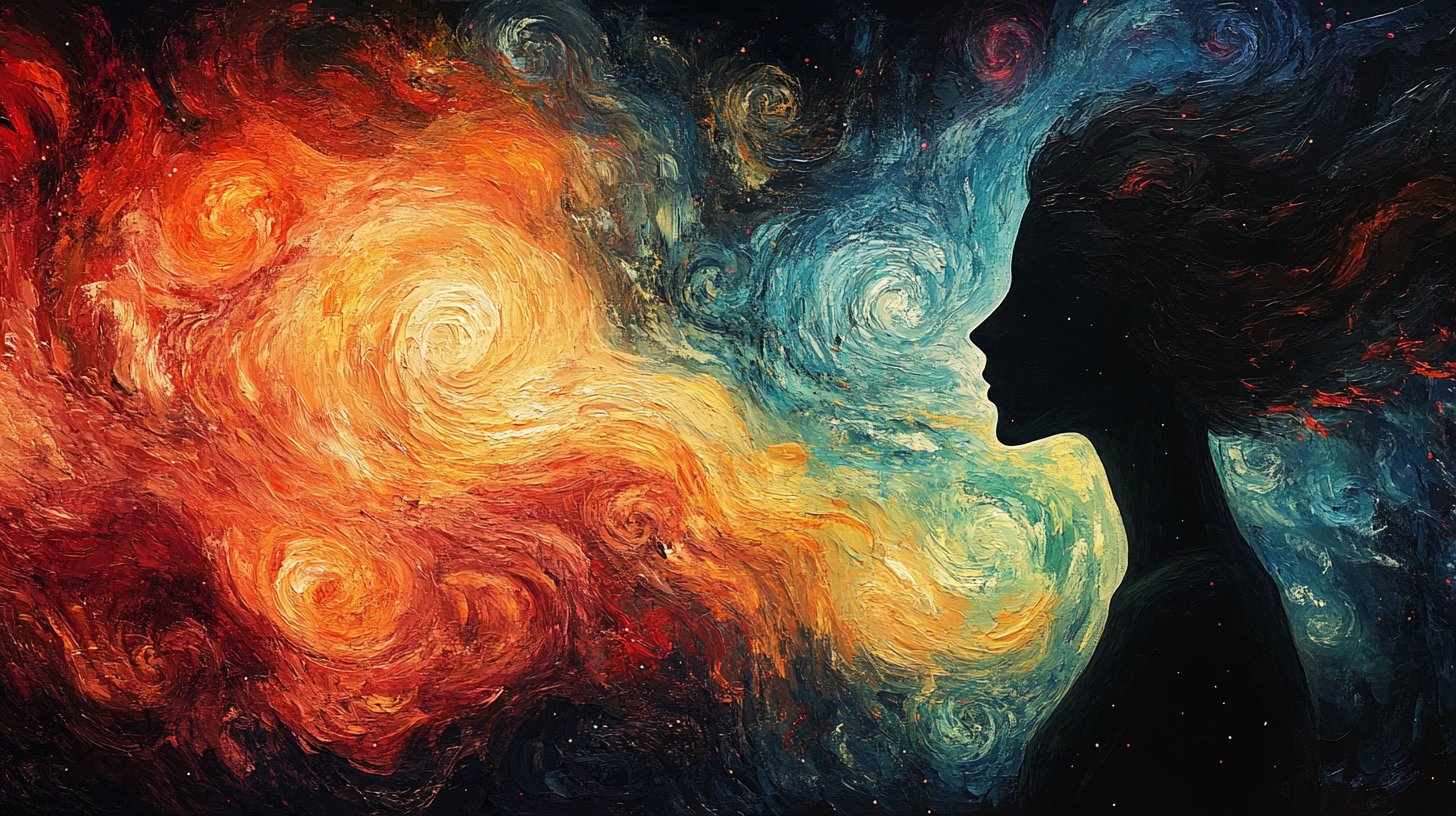Understanding hidden dangers in relationships

Toxic relationships are often hard to recognize. Emotional manipulation, constant pressure, and lack of support are some of the characteristics that repeatedly appear in such relationships. To protect ourselves from these invisible risks, it is important to identify and address them.
In a toxic relationship, it can easily happen that one ignores their own identity, desires, and even needs. This happens gradually, often without us even noticing. The longer we stay in such a situation, the more our mind gets accustomed to these unhealthy dynamics. When emotional manipulation becomes the norm, we lose our authenticity and self-esteem piece by piece.
Recognizing the signs of a toxic relationship
An early sign of a toxic relationship is often the feeling that one is constantly walking on eggshells. One feels the need to always consider the needs and wishes of the partner, while one's own needs are constantly put aside. When one gives more than one receives, this can indicate an unhealthy dynamic. It is crucial to become aware of whether the relationship offers mutual respect and support, or whether these values are one-sided. Encountering a partner who shows little interest in our thoughts and feelings is a clear warning signal. It is essential to recognize such signs early on to protect oneself.

Emotional manipulation and control
Emotional manipulation can take many forms, whether through guilt, constant criticism, or gaslighting, where distorted truths are presented. These tactics can lead the affected person to doubt their own mind and perception. In such an environment, it can become very difficult to make clear decisions, as one is constantly insecure or questioned. When someone consistently tries to influence our decisions and opinions, it not only affects self-esteem but also trust in one's own abilities. A balance of give and take in the relationship is immensely important to prevent this.

The effects on the psyche
The psychological effects of a toxic relationship can be devastating. In the long term, one may suffer from anxiety, depression, or generally low self-esteem. The constant pressure, the need for validation, and the feeling of isolation that often arises in toxic relationships are factors that severely disrupt our inner balance. Additionally, there may be a withdrawal from friends and family because one becomes increasingly isolated. It is of enormous importance to protect oneself and seek support from outside when feeling trapped in such a relationship. Communicating with friends or professional advisors can help clarify one's situation and obtain the necessary support.

At this point, it is important to recognize that we have control over our lives and relationships. It is never too late to free oneself from a toxic situation. The first step is often the hardest, but also the one that can lead to long-term happiness and self-acceptance. Dealing with one's own needs and boundaries can lay the foundation for healthy and fulfilling relationships.
In summary, toxic relationships carry many 'silent' risks that are often only recognized in hindsight. By being mindful of the signs of such a relationship, we can better protect ourselves and our well-being. It is our duty to care for ourselves and ensure that our relationships are characterized by love, respect, and trust.


